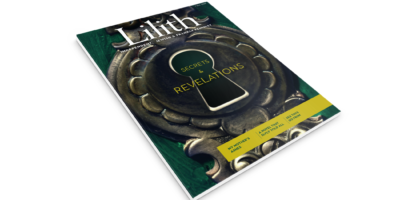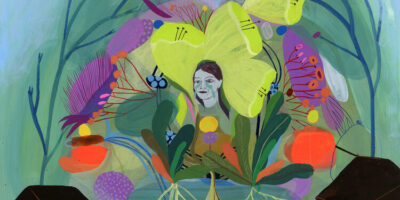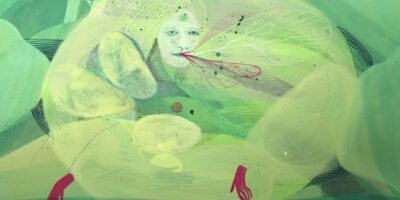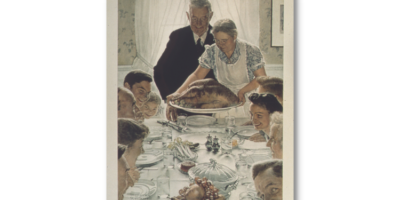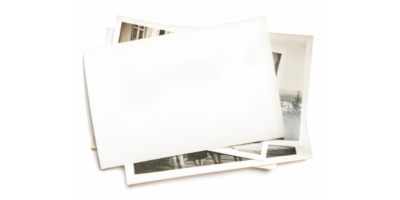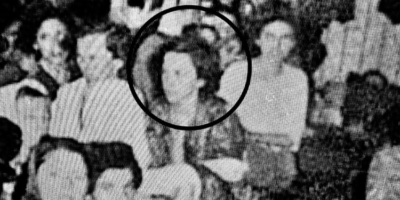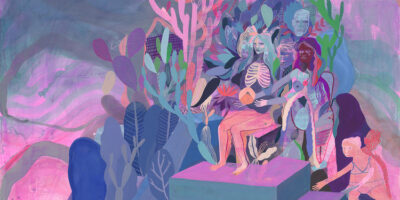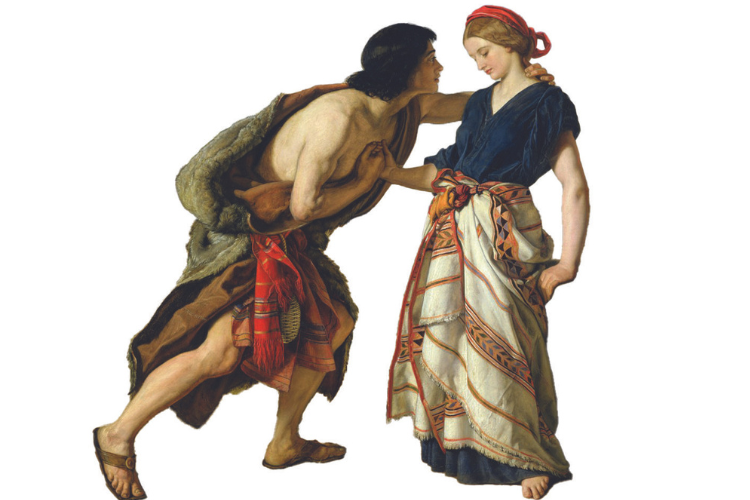
Rachel, Jacob and Leah Can Teach Us How to Live. Really.
Have you seen that soap opera about the dysfunctional family where, just before a big wedding, the father tricks his daughter’s fiancé into marrying her sister? And then the son-in-law ends up marrying both daughters, who are soon competing to see who can have the most babies? And then finally the guy takes off with both sisters in the middle of the night, along with the grandkids?
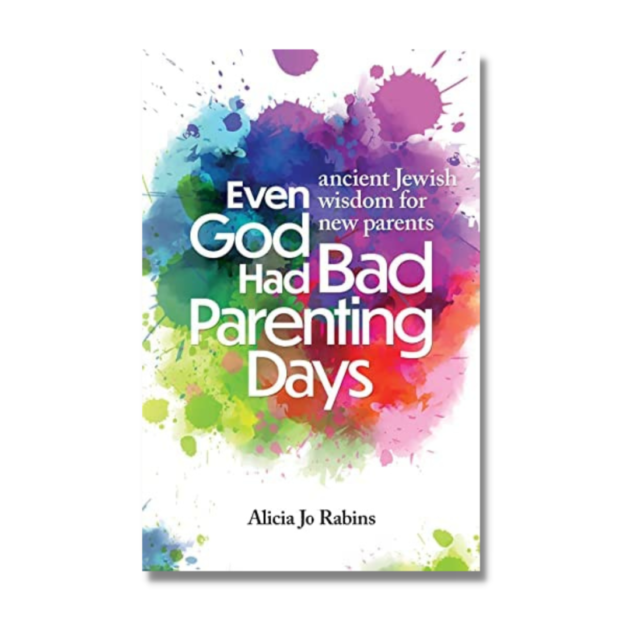
Just kidding, it’s not a soap opera—it’s the book of Genesis. The father is Laban, the son-in-law is Jacob, and those two sisters with their complicated relationship and shared husband are Rachel and Leah.
Now that I’m a parent, I treasure these stories. I appreciate how upfront our tradition is about the difficulties of living together, even when we love each other; the ways in which we fail each other, then dig deep and apologize and try harder, then fail again, but never stop loving one another.
It’s fluid, a never-ending sine wave that goes up and down, carrying us into the future.
This wave image resonates with one of my favorite Chasidic concepts: yeridah l’shem aliyah, which means “falling in order to rise.” According to this idea, challenges are not only inevitable but necessary to our growth. In order to learn, we need to mess up.
I thought of this concept when I read poet Diane di Prima’s account of losing her mother as an adult in her book Memoirs of a Beatnik. Her mother had tried to hide the ups and downs of life, keeping her home determinedly cheerful and positive, and so her children had learned to keep their struggles to themselves.
Di Prima describes how, after their mother’s funeral, she and her siblings speak with each other openly, as they never have before: The day of Emma’s funeral I returned with my two brothers to my brother Frank’s house in New Jersey, and the three of us talked for the first time in our lives of some of the darker stuff. It was as if a vast weight had lifted. We learned, for one thing, that each of us thought himself/herself the black sheep of the family— the major disappointment in Emma’s life. We exchanged information that we’d each kept secret: a pending divorce, a chronic illness in one of our children. Information we’d kept to ourselves to avoid breaching the cheerfulness, the determined perfection of our lives.
Reading about these adult siblings finally admitting the imperfect reality of their lives, I can feel their hearts opening to each other. Yeridah l’shem aliyah: we can’t rise together unless we are honest about our failings. Sharing our deepest struggles allows us to love each other in ways that are impossible otherwise.

Di Prima’s story helps me understand why I am so drawn to the story of Jacob, Rachel, and Leah. It’s not just the drama—it’s the honesty. Despite their many betrayals of each other, I feel so much love between Rachel and Leah and Jacob. It’s that complicated kind of family love, mixed up with what di Prima calls “the darker stuff,” the kind we can only reach when we stop pretending to be perfect. A sacred sort of deep connection we can only earn over time, through mistakes, forgiveness, and more mistakes.
Each fall, we celebrate the festival of Simchat Torah, when we complete the annual Torah reading cycle and begin all over again. This process happens over and over in our lives, just as we read these Torah stories over and over, year after year. Simchat Torah literally means “the joy of Torah,” and—as the name suggests—this holiday is a big party, with the Torah at the center. We take the scrolls out of the Ark; we sing and dance with them, holding them as if they were babies. In my own synagogue, the children sit cross-legged in the center of the sanctuary while the adults unroll the entire Torah scroll, forming a giant circle that surrounds and protects our kids.
Looking at the children of my community encircled by their ancient stories, I think how lucky we are to have these legends. They’ve been passed down by so many generations, and now they are ours to savor, to examine, to argue against, and to pass down to our own kids. All those beautiful, dysfunctional ancestors, fumbling their way through relationships and spirituality, learning as they go, just like us.
I want my kids to read these stories and know that it’s okay not to be perfect. They will mess up, and so will I and every single person on this earth. Each year, each month, each week, we do the best we can. We try to show up for each other; sometimes we succeed, sometimes we fail. We mess up and try to do better next time. And then we rewind the scroll all the way back to the beginning and start again. That’s what it means to be human. We fall in order to rise: this is how we learn about love.
Alicia Jo Rabins is a writer, musician, performer and Torah teacher. Her work includes Girls in Trouble, a song cycle about women in Torah; the independent feature film “A Kaddish for Bernie Madoff ” and two award-winning poetry collections.
Excerpted with permission from Even God Had Bad Parenting Days © Alicia Jo Rabins 2022.

